Imagine a Marvel Cinematic Universe (MCU) where fresh faces take on iconic roles like Wolverine, Professor X, and even Tony Stark. That’s the bold future Marvel Studios is planning post-Avengers: Secret Wars in 2027. The excitement is palpable, but so is the anxiety—can new actors fill the shoes of legends like Hugh Jackman and Robert Downey Jr.? To stay ahead of the curve on these seismic shifts, subscribe to marvelphase5 for the latest updates. This article dives into Marvel’s recasting plans, exploring the opportunities and challenges of this “reset,” what it means for fans, and how it sets the stage for a new MCU era.
Marvel’s Post-Secret Wars Reset: A New Era Begins
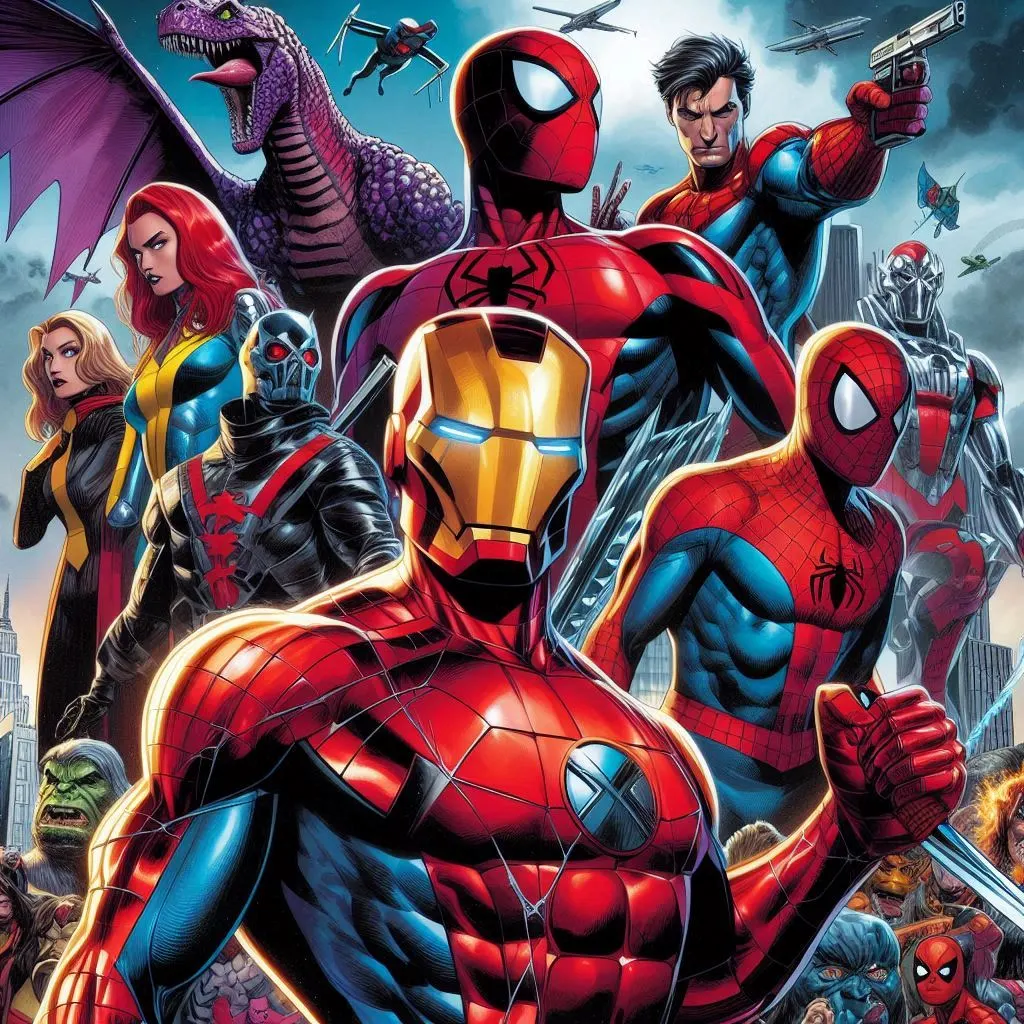
Marvel Studios is gearing up for a transformative chapter following Avengers: Secret Wars, set for release in 2027. Kevin Feige, the mastermind behind the MCU’s success, recently confirmed that the X-Men and iconic characters like Tony Stark will be recast, signaling a significant shift in the franchise’s trajectory. This move isn’t just about swapping actors; it’s about reimagining the MCU’s narrative landscape. Feige emphasizes that this isn’t a “reboot” but a “reset,” a term that suggests a streamlined, singular timeline to refresh the storytelling while honoring the past. This approach draws inspiration from the 2015 Secret Wars comic arc, which merged multiple universes into one, opening doors to new stories and characters.
The reset comes at a pivotal moment. After mixed responses to recent projects like Thunderbolts* and Captain America: Brave New World, Marvel is looking to reinvigorate its fanbase. The return of familiar faces like Patrick Stewart and Ian McKellen in 2026’s Avengers: Doomsday will serve as a nostalgic bridge to this new era. However, the introduction of new actors for the X-Men and eventually Tony Stark and Steve Rogers marks a bold step forward. This section explores the key questions surrounding this transition, offering insights into what fans can expect and the challenges Marvel faces in pulling it off.
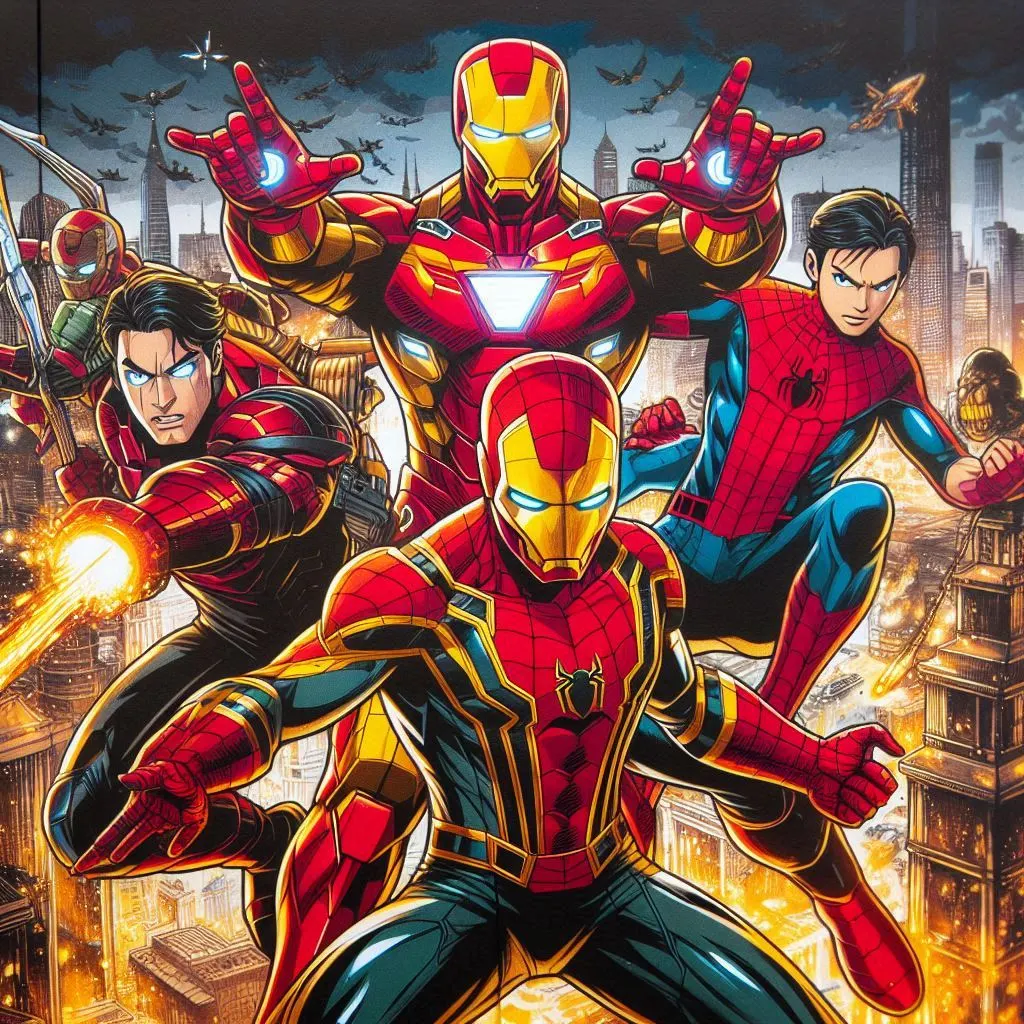
Why Is Marvel Recasting the X-Men?
The decision to recast the X-Men stems from Marvel’s desire to fully integrate these beloved mutants into the MCU. While actors like Patrick Stewart (Professor X) and Hugh Jackman (Wolverine) defined the characters in Fox’s X-Men films, their return in Avengers: Doomsday is a temporary nod to the past. Feige has confirmed that the upcoming X-Men movie, directed by Jake Schreier, will feature an entirely new cast. This move aligns with the X-Men comics’ focus on youth and outsider themes. “It’s a space to tell stories about young people who feel different, who feel like they don’t belong,” Feige said, highlighting the universal appeal of mutants.
Recasting offers opportunities to explore fresh narratives, such as the struggles of young mutants at Xavier’s School for Gifted Youngsters. However, it’s not without risks. Fans have deep attachments to the original cast, and replacing icons like Jackman or Halle Berry (Storm) could spark backlash. Marvel must balance honoring the legacy of these characters with introducing actors who can bring new depth. The success of this recast will depend on casting choices that resonate with both longtime fans and newcomers, ensuring the X-Men remain a cultural touchstone.
What Does a “Reset” Mean for the MCU?
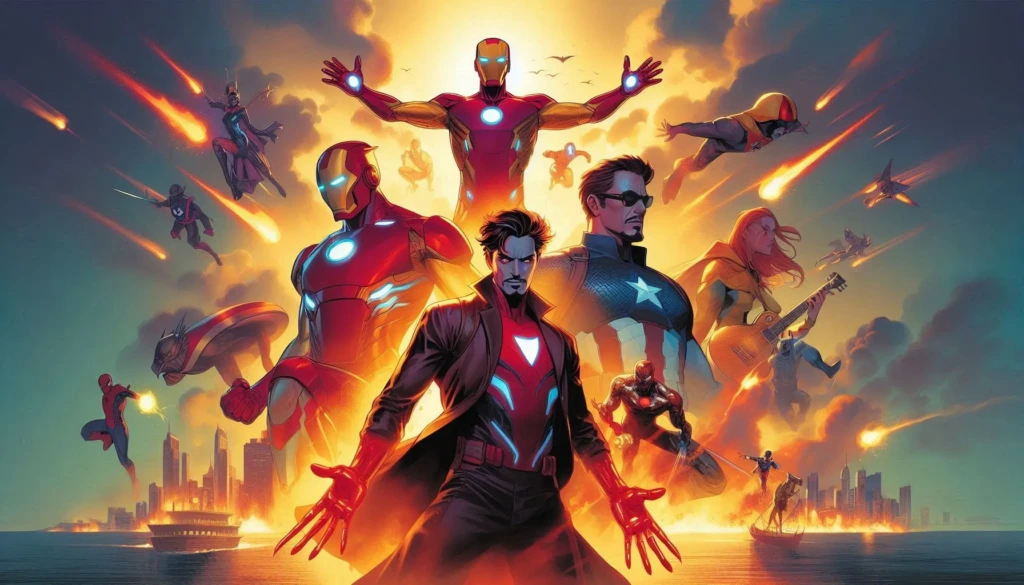
Feige’s use of the term “reset” instead of “reboot” is deliberate. “Reboot is a scary word,” he noted, suggesting that a full reboot might alienate fans by erasing the MCU’s 15-year legacy. Instead, a reset implies a streamlined timeline post-Secret Wars, allowing Marvel to retain core elements while introducing new stories. This approach mirrors the 2015 Secret Wars comic, where the multiverse collapsed and reformed, creating a fresh canvas. For the MCU, this could mean a focus on a single timeline, reducing the complexity of multiversal storytelling that some fans found overwhelming in Spider-Man: No Way Home or Doctor Strange in the Multiverse of Madness.
The reset presents opportunities to explore new characters and arcs, like a younger X-Men team or a revitalized Avengers roster. Yet, challenges loom. Simplifying the timeline risks losing the multiverse’s creative freedom, which allowed for cameos like Stewart’s Professor X in 2022’s Doctor Strange. Moreover, fans may worry about losing the emotional weight of past stories, such as Tony Stark’s sacrifice in Avengers: Endgame. Marvel’s challenge is to craft a narrative that feels both new and connected to the MCU’s roots, ensuring the reset feels like a natural evolution rather than a jarring break.
Can New Actors Replace Robert Downey Jr. as Tony Stark?
Recasting Tony Stark, arguably the MCU’s heart and soul, is a daunting task. Robert Downey Jr.’s portrayal defined the character, blending wit, vulnerability, and heroism in a way that anchored the MCU for over a decade. Feige acknowledged the difficulty: “It’s hard for anybody to do that when an actor has done such a great role,” comparing it to replacing Sean Connery as James Bond. Yet, he confirmed that Tony Stark, along with Steve Rogers, will eventually be recast post-Secret Wars. This move aligns with Marvel’s long-term vision, with Feige hinting at a seven-year plan extending to 2032.
The opportunity here is immense: a new Tony Stark could bring fresh perspectives, perhaps exploring a younger or alternate version of the character. For example, a Stark from a different timeline could introduce new dynamics, much like the multiverse allowed for Tobey Maguire’s Spider-Man in No Way Home. However, the challenge is monumental. Fans may resist anyone stepping into Downey’s shoes, and the new actor will face intense scrutiny. Marvel’s casting team, known for bold choices like Chris Hemsworth as Thor, must find someone who can honor Downey’s legacy while making the role their own.
How Will Fans React to These Changes?
Fan reactions to recasting are a mixed bag of excitement and apprehension. The X-Men, with their rich history and diverse roster, offer a chance to tell stories that resonate with new generations. Posts on X reflect enthusiasm for a mutant-focused saga post-Secret Wars, with some fans eager for fresh takes on characters like Cyclops or Jean Grey. However, the emotional connection to original actors runs deep. For instance, Hugh Jackman’s Wolverine has been a fan favorite since 2000, and replacing him risks alienating loyal viewers. Similarly, Downey’s Tony Stark is synonymous with the MCU’s success, and recasting could feel like losing a friend.
Marvel’s track record offers hope. The studio successfully transitioned from Edward Norton to Mark Ruffalo as Hulk, proving that thoughtful casting can win over fans. Still, the scale of this reset—recasting an entire team like the X-Men and iconic figures like Stark—requires careful execution. Marvel must engage fans through transparent communication, perhaps via behind-the-scenes content on platforms like marvelphase5, to build trust and excitement. The challenge is to make fans feel part of this new era, ensuring they embrace the changes rather than resist them.
What Role Does Avengers: Secret Wars Play in This Transition?
Avengers: Secret Wars is the linchpin of Marvel’s reset. Set for 2027, the film draws from the 2015 comic arc where the multiverse collapses, allowing for a rebuilt universe. Feige has described it as a “new beginning” rather than a conclusion like Endgame. This narrative device enables Marvel to introduce new actors while maintaining continuity with past stories. For example, the return of original X-Men cast members in Avengers: Doomsday (2026) sets the stage for a handoff to new actors in the X-Men film.
The opportunity lies in Secret Wars’ ability to tie up loose ends from the Multiverse Saga while launching new arcs. It could introduce mutants as a central force in the MCU, aligning with posts on X that highlight a mutant-focused saga. However, the challenge is execution. The film must balance spectacle with coherence, avoiding the overstuffed feel of some recent MCU projects. Directors like the Russo brothers, reportedly involved in post-Secret Wars projects, will need to craft a story that satisfies fans while setting up the reset.
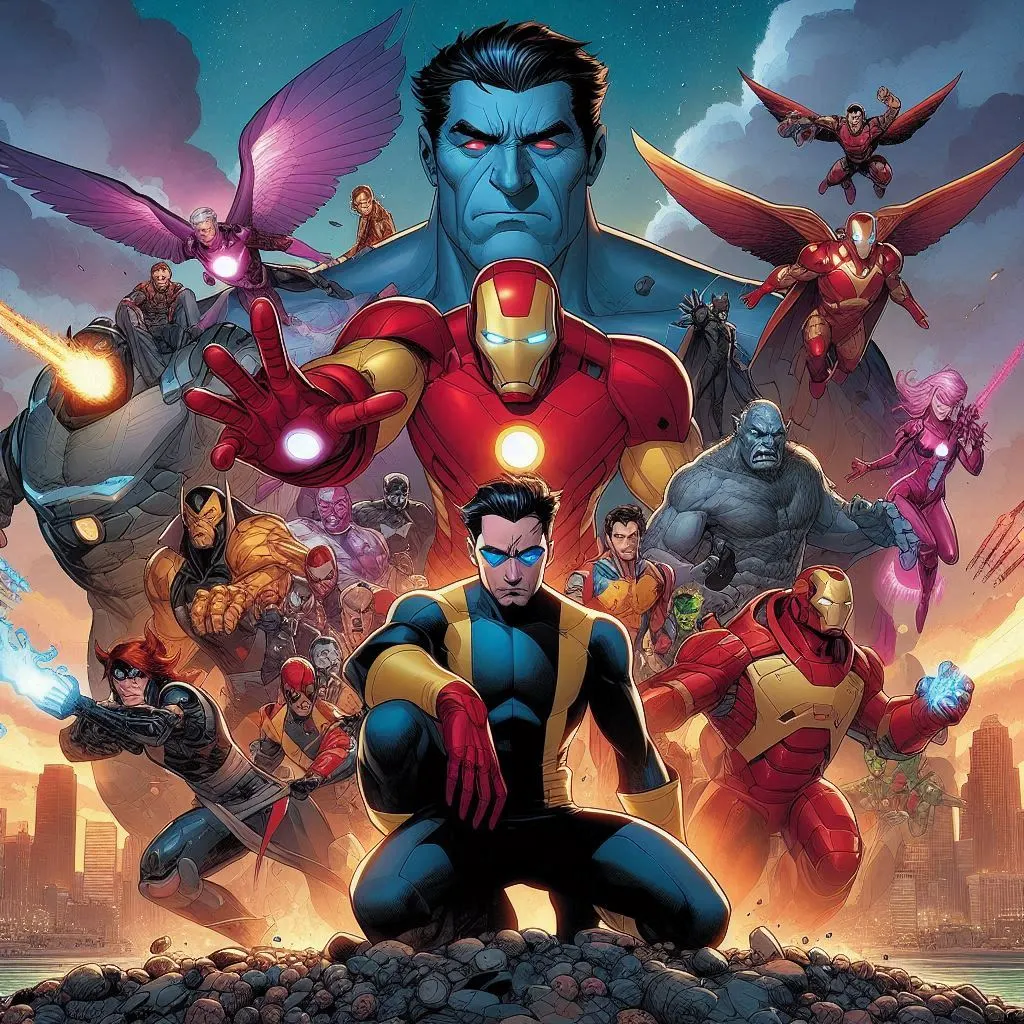
What Are the Broader Implications for the MCU?
The reset extends beyond recasting, signaling a strategic shift for Marvel. Feige’s seven-year plan suggests a focus on sustainability, with fewer TV projects and lower budgets to combat superhero fatigue. This could mean more grounded stories, like the X-Men’s focus on young outsiders, which resonate with universal themes of identity and belonging. The inclusion of new characters like Riri Williams (Dominique Thorne) and the Fantastic Four (starring Vanessa Kirby and Pedro Pascal) indicates a broader, more diverse roster.
However, challenges persist. The MCU must navigate a crowded superhero landscape, with DC’s Superman proving that audiences still crave fresh takes. Marvel’s reset risks alienating fans if it feels too abrupt or dismissive of the past. By leveraging the X-Men’s cultural relevance and carefully recasting iconic roles, Marvel can seize this opportunity to redefine the MCU. The key is balancing innovation with respect for the franchise’s legacy, ensuring that fans feel excited rather than left behind.
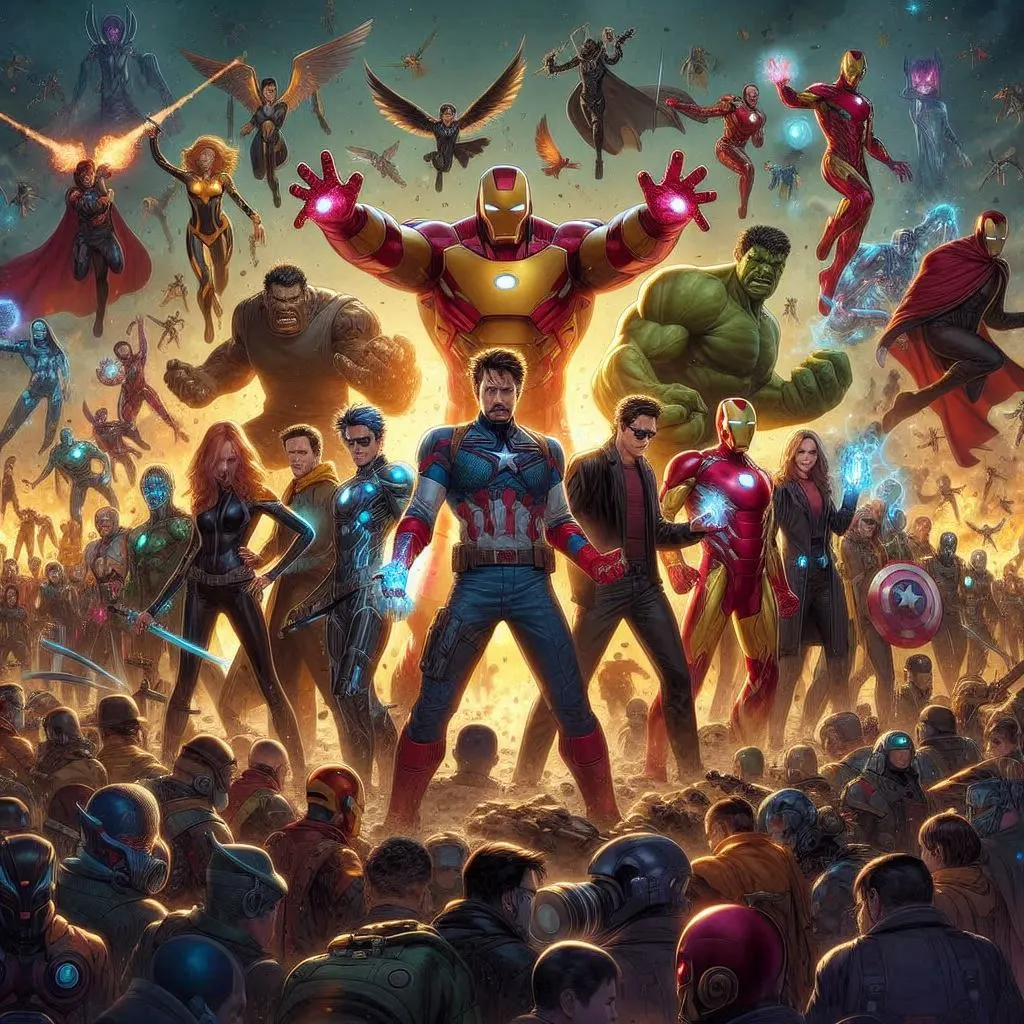
Summary
Marvel’s plan to recast the X-Men and Tony Stark after Avengers: Secret Wars marks a bold reset for the MCU. This shift, driven by Kevin Feige’s vision, aims to refresh the franchise with new actors and stories while honoring its past. Opportunities abound to explore youthful, diverse narratives, but challenges include fan resistance and the pressure to match iconic performances. Secret Wars will serve as the narrative bridge to this new era, setting the stage for a streamlined, exciting future. For the latest on this transformation, subscribe to marvelphase5 and stay in the loop.


